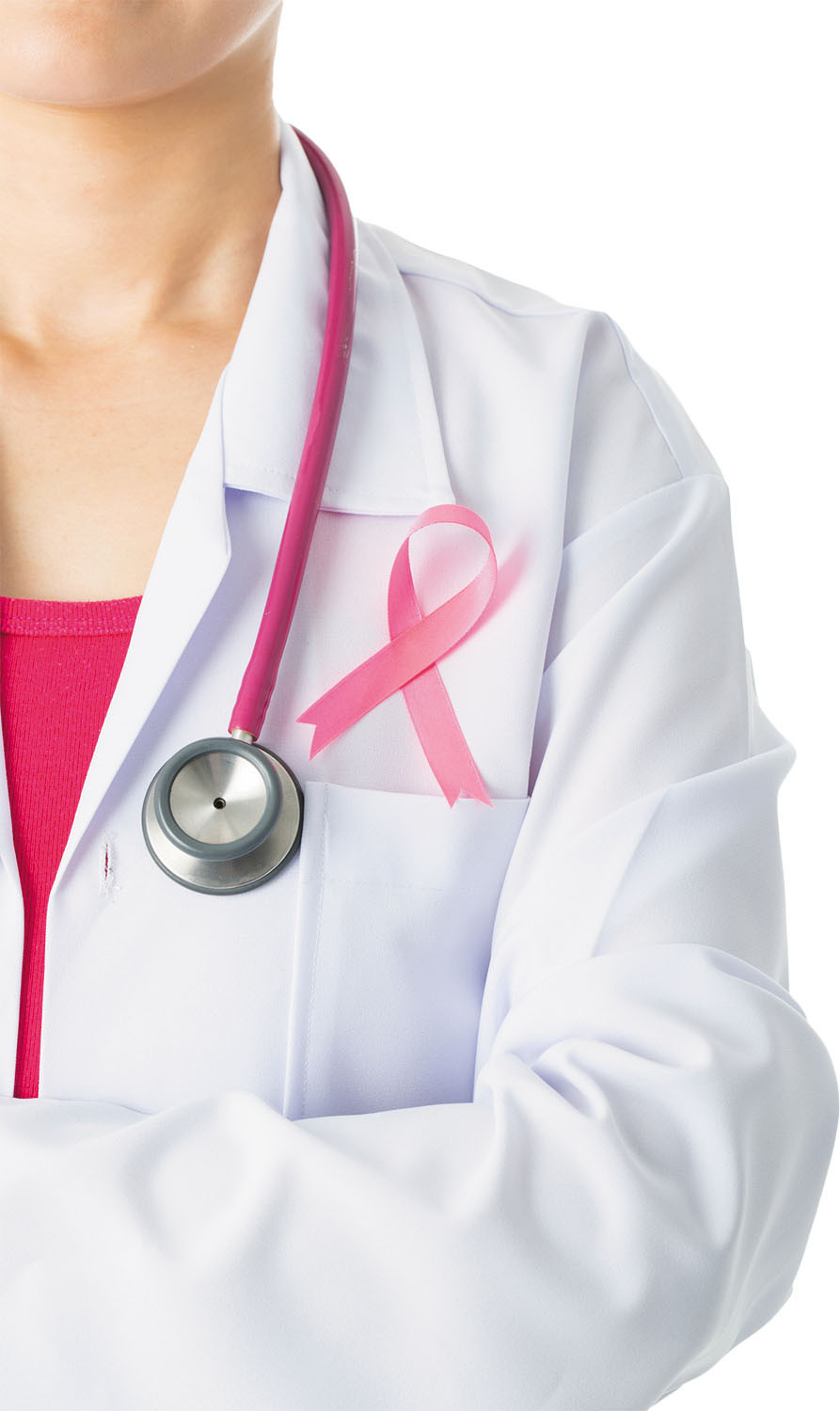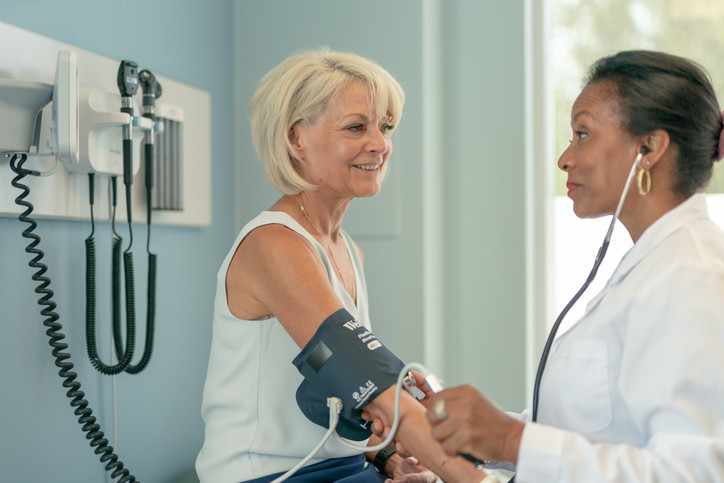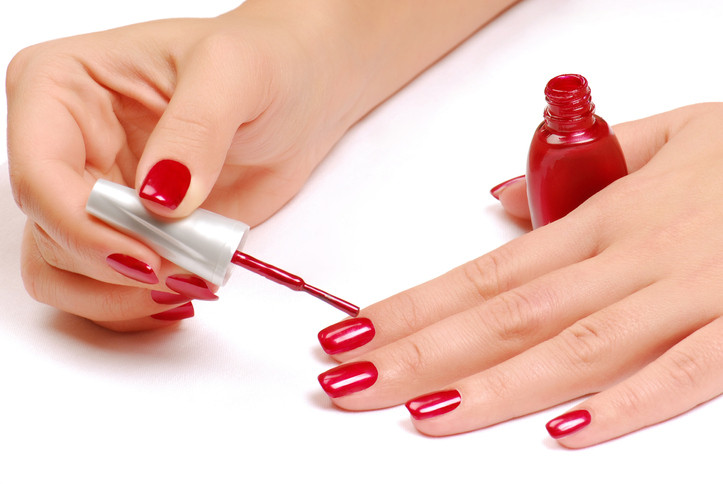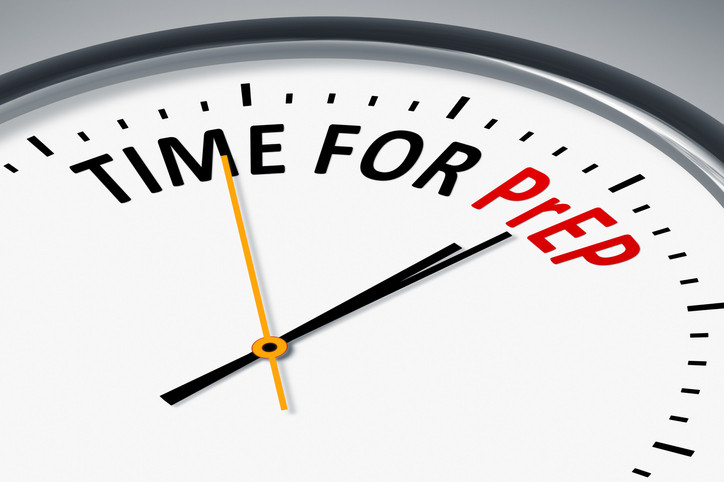
Trying to lose weight? Be careful not to lose muscle

Is your skin problem actually an autoimmune condition?

People with diabetes face higher risk of hearing loss

Antibiotic-free fixes for recurrent UTIs

Musculoskeletal syndrome of menopause: When menopause makes you ache all over

When can older women stop getting mammograms?

To lose weight, especially harmful belly fat, combine diet and exercise

Can men hold off on treating recurring prostate cancer?

The 7 types of rest and why we need them all

What are the early warning signs of cervical cancer?
Women's Health Archive
Articles
If you have diabetes, a crop of new medicines may help your heart
People at high risk of heart disease get the most benefit from these costly drugs.
If you're a woman with diabetes, your risk of developing heart disease is four times that of a woman without diabetes. That means protecting your heart health should be a top priority. It starts with adopting heart-healthy lifestyle changes. But if you have a history of heart attack or stroke or are high risk for other reasons, your doctor may suggest a diabetes medication with extra benefits.
Women and their doctors can choose from a crop of new drugs that may reduce diabetes-related heart risks. "Today we're starting to try to customize or personalize an individual's preventive medicine. We take certain subgroups of patients — such as those with a past history of stroke, heart attack, or heart failure — and steer them toward specific drugs based on new data," says Dr. David Nathan, director of the Diabetes Center and Clinical Research Center at Massachusetts General Hospital and professor of medicine at Harvard Medical School.
Women less likely than men to receive potentially lifesaving heart device
Research we're watching
Women experiencing heart failure are less likely than men with the same condition to receive a mechanical heart pump designed to help blood circulate through the body, says a study published in the September issue of the journal Circulation: Heart Failure. The pump, called a left ventricular assist device, or LVAD, is typically used in people who have advanced heart failure. Looking at data from nearly 30,000 hospitalizations in which people received an LVAD device, the researchers found that women made up only 21.9% of those recipients. That number represented a decline from 2004, when 25.8% of LVAD recipients were women. The study's author said the difference might reflect a reliance on outdated statistics that showed women were more likely to die after receiving LVAD devices. This is no longer the case with new versions of the device.
Image: JFsPic/Getty Images
High risk for breast cancer? You might benefit from preventive medication
Research we're watching
Women at high risk for breast cancer might benefit from taking medication to prevent the disease, says a new recommendation from the U.S. Preventive Services Task Force (USPSTF), a national group of experts. Medications such as tamoxifen (Nolvadex), raloxifene (Evista), and aromatase inhibitors have been shown to help prevent invasive, estrogen receptor-positive breast cancer, but they can cause serious side effects, such as other cancers and blood clots. For some women, the potential benefits of these drugs outweigh those risks. The USPSTF, however, recommends against routine use of these medications for women who are not at high risk for breast cancer, because the potential benefit is much smaller. Women who are over age 35 and are at high risk for breast cancer or who have had previous benign breast lesions (such as atypical ductal or lobular hyperplasia or lobular carcinoma in situ) might want to discuss this recommendation with their doctor. The USPSTF encouraged doctors to weigh the risk of breast cancer against potential drawbacks of the medications and the individual woman's risk for adverse effects.
Image: ShutterOK/Getty Images
Could white-coat hypertension harm your heart?
People who have elevated blood pressure readings in a doctor’s office but normal readings elsewhere are said to have white-coat hypertension. A new study suggests that people with this condition face a greater risk of heart disease than those whose blood pressure is always normal.
A look at the effects of nail polish on nail health and safety
Different types of nail polish can have varying effects on fingernails, and have pros and cons depending on the chemicals used in making them.
Why are women using CBD products — and do they work?
Many products containing CBD claim to help women with various health issues, including sleep, mood, symptoms of PMS or menopause, and sexual pleasure. Currently, very little evidence supports these extravagant promises, and there are concerns about the quality and safety of CBD products.
Straight talk on planking
Your core muscles are your body’s foundation, and the plank pose is a great exercise to do to help build core strength—it’s challenging but not complicated. Here’s everything you need to know to plank correctly.
Sexual and gender minorities face unique health risks
Memory problems and confusion are just the newest in a list of health problems that appear to disproportionately affect LGBT individuals.
Past research has shown that sexual and gender minority groups may be at higher risk for certain health conditions, including cardiovascular disease and mental health disorders such as anxiety and depression. A new study suggests that another condition — dementia — may also be on that list. Findings presented at the 2019 Alzheimer's Association International Conference showed that people who identified as a sexual or gender minority were more likely than other people to report worsening memory or increased confusion over the past year.
It's possible that some of the same underlying factors that affect risk of other diseases are playing a role in these reported cognitive changes as well, says Dr. Ole-Petter R. Hamnvik, an assistant professor of medicine at Harvard Medical School. "Almost any health outcome that you look at, you can find disparities in these groups. It's not just dementia," he says.
Women with post-traumatic stress disorder may be at higher risk for ovarian cancer
Research we're watching
Could a traumatic experience raise the risk of ovarian cancer? Researchers at the Harvard T.H. Chan School of Public Health and Moffitt Cancer Center found that women who remembered experiencing six or more symptoms of post-traumatic stress disorder (PTSD) had double the risk of later developing ovarian cancer, compared with women who had not reported PTSD symptoms. They were also more likely to develop a more aggressive form of the cancer. The researchers looked at data from more than 50,000 women who participated in the Nurses' Health Study II. Early in the study, women were asked to identify their most stressful life experience and any PTSD symptoms they had experienced following that event. Researchers then looked to see which of the women went on to develop ovarian cancer. The study, published Sept. 5 in Cancer Research, found higher cancer risk persisted even if a woman's PTSD symptoms had occurred decades in the past. Past animal research suggests that stress hormones may spur tumor growth.
Image: martinedoucet/Getty Images
PrEP prevents HIV — so why aren’t more people taking it?
PrEP (pre-exposure prophylaxis) is a daily medication taken to prevent HIV infection. While multiple studies show PrEP is effective, relatively few of those who might benefit are taking it. Will a 10-year initiative to reduce rates of HIV and a new formulation of PrEP help?

Trying to lose weight? Be careful not to lose muscle

Is your skin problem actually an autoimmune condition?

People with diabetes face higher risk of hearing loss

Antibiotic-free fixes for recurrent UTIs

Musculoskeletal syndrome of menopause: When menopause makes you ache all over

When can older women stop getting mammograms?

To lose weight, especially harmful belly fat, combine diet and exercise

Can men hold off on treating recurring prostate cancer?

The 7 types of rest and why we need them all

What are the early warning signs of cervical cancer?
Free Healthbeat Signup
Get the latest in health news delivered to your inbox!
Sign Up











